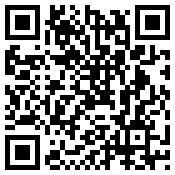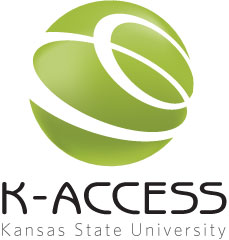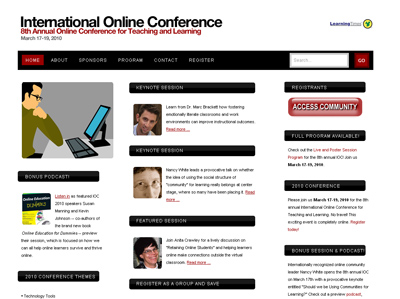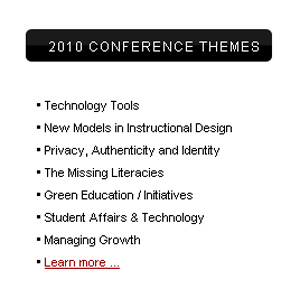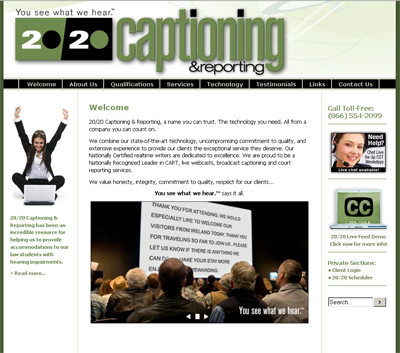This is the final article for the IT News newsletter (formerly InfoTech Tuesday) at K-State. In early May, information technology news began transitioning to the K-State Today venue (website and email) for employees. The move is essentially complete, and readership on the IT News website is now down to single digits.
- To see the latest IT events, deadlines, and announcements, go to the K-State Today website and read the “Technology” section (or use the Technology RSS feed).
- To get K-State Today’s daily newsletter email, send a subscription request to vpcm@k-state.edu. Email subscription is open to all, according to Erinn Barcomb-Peterson in the Division of Communications and Marketing.
- To find archived IT newsletter articles, use the IT News issue archive (Aug. 19, 2008-June 28, 2011) or the older InfoTech Tuesday archive (Dec. 14, 2001-Aug. 19, 2008).
This ends almost 10 years of the InfoTech Tuesday weekly communications channel at K-State. The newsletter’s final subscriber base was more than 6,000.
InfoTech Tuesday began publication in December 2001 as a joint effort of the Information Technology Assistance Center (iTAC) and the now-defunct Computing and Network Services. It provided 50 issues per year of IT news for K-Staters and the public, with two weeks off for spring break and the Dec. 25-Jan. 1 holiday break.
Questions about the now-defunct IT newsletter may be sent to executive editor Rebecca Gould (ragou@k-state.edu, 785-532-4928) or managing editor Betsy Edwards (betsy@k-state.edu, 785-532-4932), who both provided primary support throughout the newsletter’s existence.
